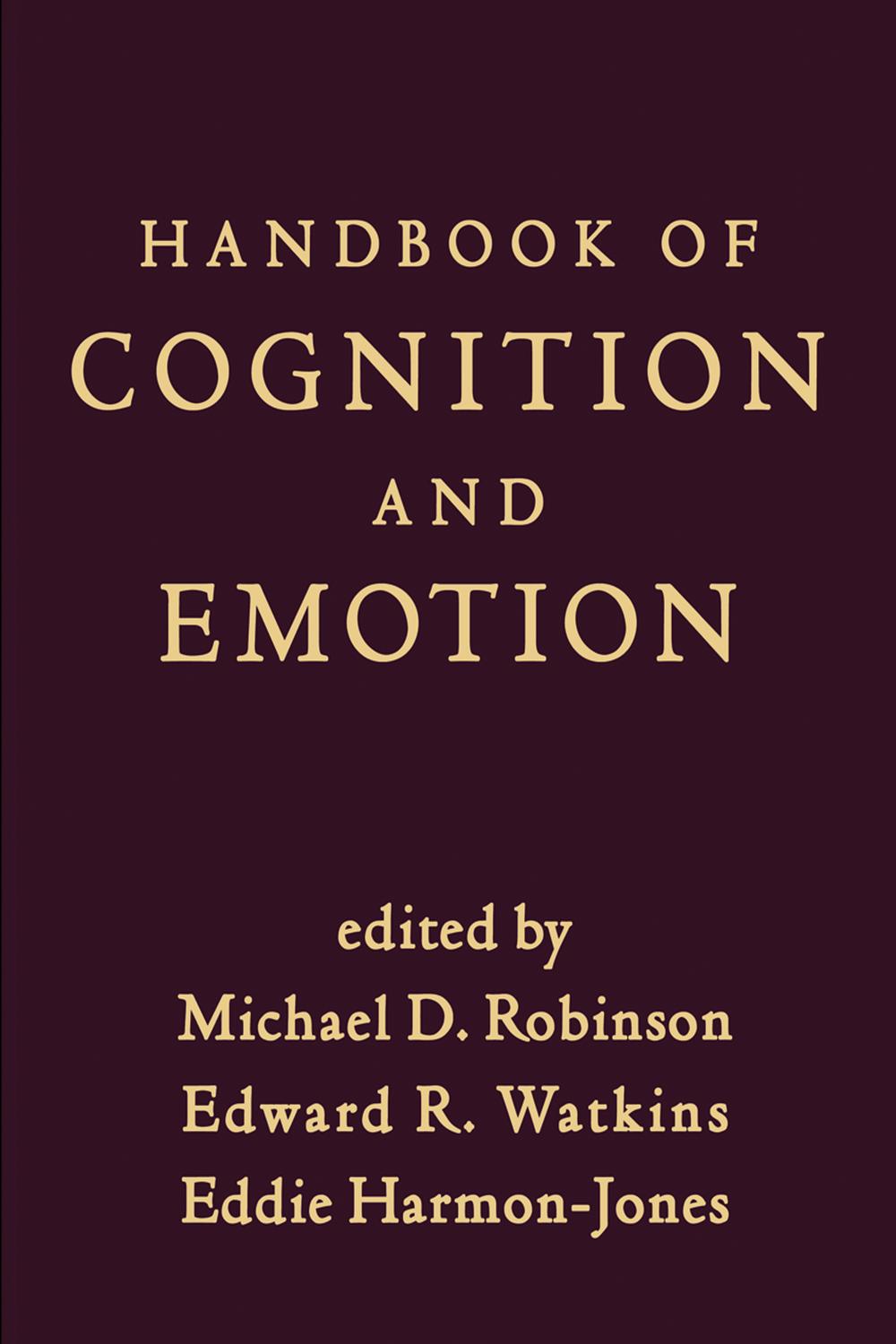1. Rumination-Focused Cognitive Behavioral Therapy Reduces Rumination and Targeted Cross-network Connectivity in Youth With a History of Depression: Replication in a Preregistered Randomized Clinical Trial
- Author
-
Scott A. Langenecker, Mindy Westlund Schreiner, Katie L. Bessette, Henrietta Roberts, Leah Thomas, Alina Dillahunt, Stephanie L. Pocius, Daniel A. Feldman, Dave Jago, Brian Farstead, Myah Pazdera, Erin Kaufman, Jennica A. Galloway, Patricia K. Kerig, Amanda Bakian, Robert C. Welsh, Rachel H. Jacobs, Sheila E. Crowell, and Edward R. Watkins
- Subjects
Connectivity ,Depression ,Resting state ,Rumination ,Rumination-focused CBT ,Psychiatry ,RC435-571 - Abstract
Background: Rumination-focused cognitive behavioral therapy (RF-CBT) is designed to reduce depressive rumination or the habitual tendency to dwell on experiences in a repetitive, negative, passive, and global manner. RF-CBT uses functional analysis, experiential exercises, and repeated practice to identify and change the ruminative habit. This preregistered randomized clinical trial (NCT03859297, R61) is a preregistered replication of initial work. We hypothesized a concurrent reduction of both self-reported rumination and cross-network connectivity between the left posterior cingulate cortex and right inferior frontal and inferior temporal gyri. Methods: Seventy-six youths with a history of depression and elevated rumination were randomized to 10 to 14 sessions of RF-CBT (n = 39; 34 completers) or treatment as usual (n = 37; 28 completers). Intent-to-treat analyses assessed pre-post change in rumination response scale and in functional connectivity assessed using two 5 minute, 12 second runs of resting-state functional magnetic resonance imaging. Results: We replicated previous findings: a significant reduction in rumination response scale and a reduction in left posterior cingulate cortex to right inferior frontal gyrus/inferior temporal gyrus connectivity in participants who received RF-CBT compared with those who received treatment as usual. Reductions were large (z change = 0.84; 0.73, respectively [ps < .05]). Conclusions: This adolescent clinical trial further demonstrates that depressive rumination is a brain-based mechanism that is modifiable via RF-CBT. Here, we replicated that RF-CBT reduces cross-network connectivity, a possible mechanism by which rumination becomes less frequent, intense, and automatic. This National Institute of Mental Health-funded fast-fail study continues to the R33 phase during which treatment-specific effects of RF-CBT will be compared with relaxation therapy.
- Published
- 2024
- Full Text
- View/download PDF

